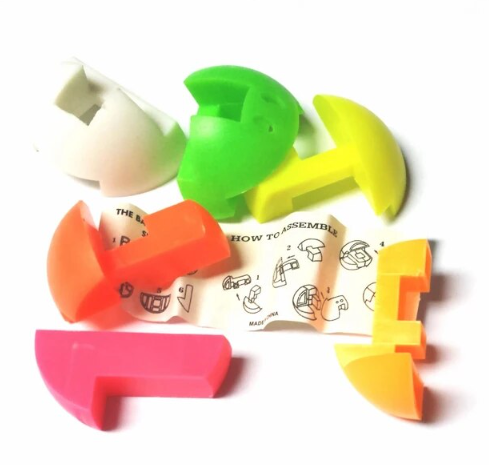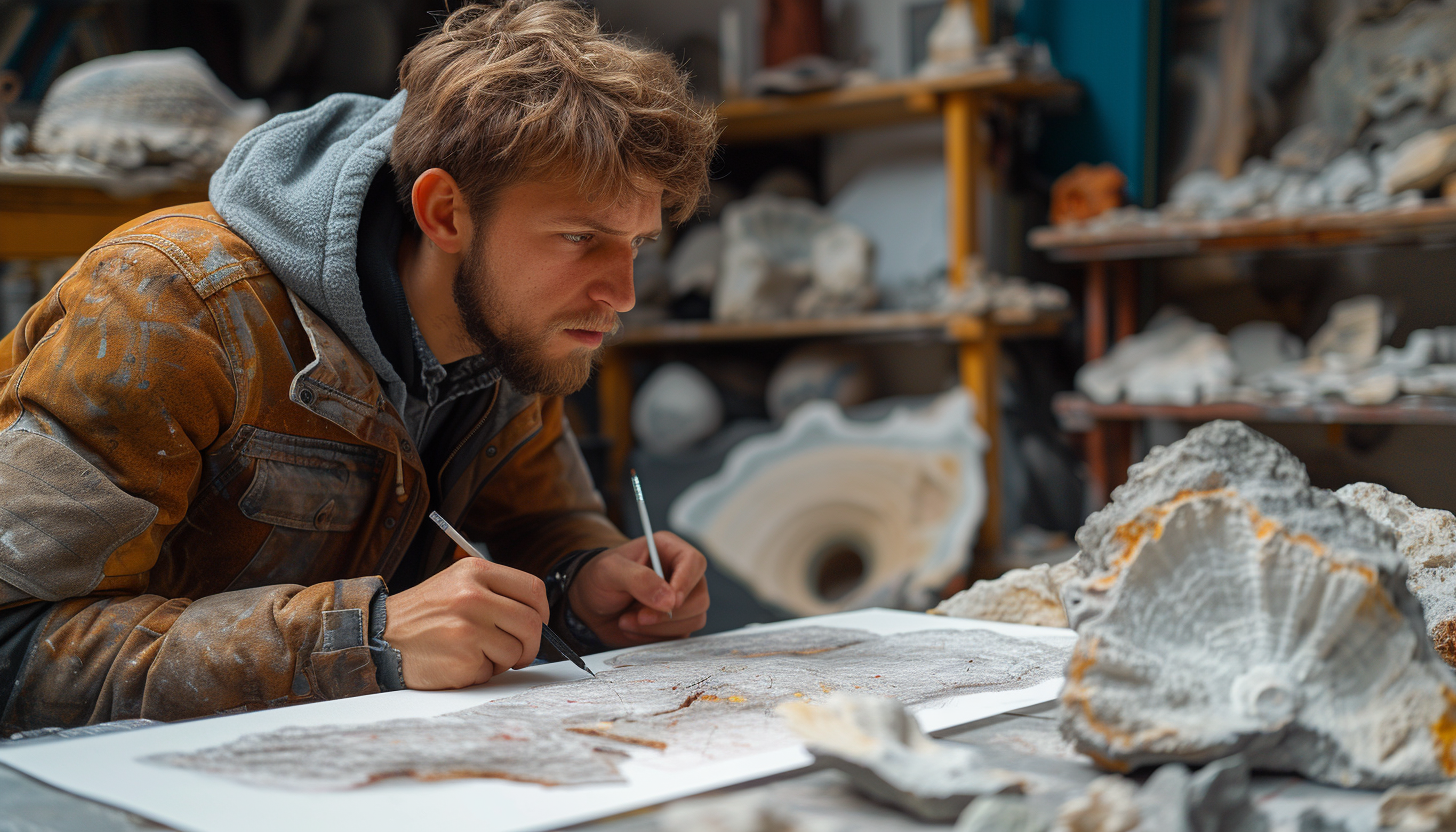- Student of The World
- Posts
- How to Kill Your Assumptions and Learn from Your Mistakes ASAP
How to Kill Your Assumptions and Learn from Your Mistakes ASAP
Don’t think. Just do.
Can you solve this 6-piece ball puzzle without touching it?

6-piece ball puzzle
This question was posed at a funfair event. While one may rely on visual thinking to solve it, I would argue that one could learn to solve it faster by physically manipulating the puzzle.
Thinking or doing come first
This game has sparked my curiosity about a question: should we attempt to solve the problem by ‘thinking’ of the solution first, or should we ‘play’ with it first to facilitate quicker learning? With this question in mind, I propose a hypothetical approach to rapid learning based on personal experience, one that involves taking focused action first without delving too deeply into initial analysis.
Focused action without thinking
This approach was inspired by my experiences during my university days at art school. I recall a particular drawing class where, on the first day, we embarked on a lesson in life drawing. However, the approach was unconventional. Instead of glancing between the object and our paper, we were told to focus solely on the object while drawing, without ever looking down at our paper.

Focus solely on the object while drawing, without ever looking down at our paper. Image Credit : Midjourney
This exercise aimed to train us to draw with our eyes, without preconceptions about what would manifest on the drawing paper. As a result, we became deeply engrossed in observing the subject itself, rather than concerning ourselves with how it should be represented on the page.
Conclusion and question
As we progressed through the exercise, I noticed a shift in my mindset. Instead of worrying about making mistakes or achieving perfection, I began to embrace the process of exploration. This involved challenging my assumptions early on and learning from my mistakes which I made in the very early stages.
Following this initial lesson, we proceeded to engage in reflection and attend a lecture on drawing fundamentals. Interestingly, the alteration in sequence, prioritising action before thought, seemed to improve my understanding of the subject matter.
Overall, it’s an approach I’ve applied to various aspects of my learning journey, and perhaps we can apply it to designing our lives as well.
What if it were possible to prototype life’s choices
As humans, we often cannot foresee the consequences of our choices until we have lived through them. In the realm of technology, where the creation of prototypes for intricate experiences is immersive and accessible, it might enables us to face and learn from life’s consequences with minimal risk, and the potential to reset with the push of a button.
In this envisioned future, where life’s choices can be prototyped or corrected, the concept of ‘killing your assumption’ may be taken literally in the [second] life.

Apple Vision Pro —The possibility of a prototyped life.
References and Notes
https://medium.com/@choy_edith/the-potential-of-role-playing-and-forum-theatre-in-learning-e9c777199a2
“The connection between choice and consequence: As an educator, I believe that certain consequences need to be experienced. Students are at a developmental age and both educators and parents could wish to shelter them from the full brunt of the consequences of their actions, as they are still learning. I can appreciate this perspective, but some consequence should still be felt. Students are not prepared for the real world when they are shielded completely from the consequences of their actions. Often, humans may not be able to perceive the consequences of their choices until it has been lived out. Forum theatre provides a simulated reality where the relationship between choice and consequence can be safely, thoughtfully and reflectively enacted.”